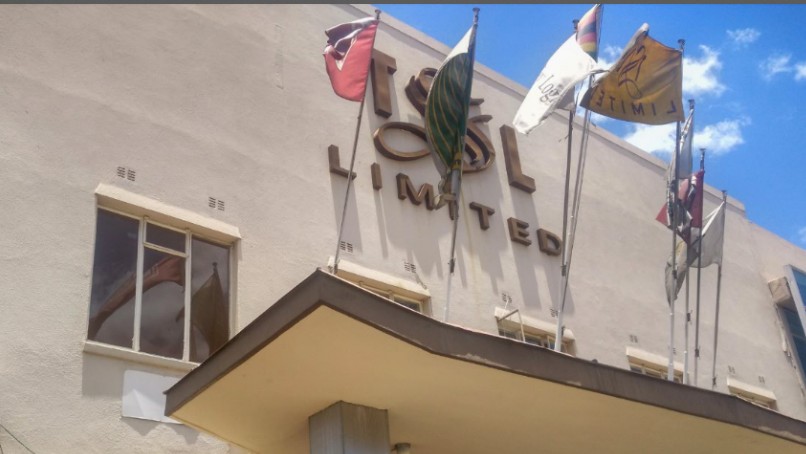‘Wildlife economy belongs to communities’
THE wildlife economy belongs to locals hence the need to scale up community participation in
nature preservation and transferring its financial benefits to them.
This is critical if Africa, which boasts abundant wildlife species and natural heritage, is to achieve
sustainable protection of conservation areas and unlocking their full economic value.
Environment, Climate, Tourism and Hospitality Industry Deputy Minister, Barbara Rwodzi,
(pictured) said this in remarks at the official opening of the Sadc pavilion on the sidelines of the
Africa Protected Areas Congress (APAC) in Kigali, Rwanda last week.
Africa Protected Areas Congress (APAC)
Running under the theme: “Towards A Regional Wildlife-Based Economy Framework:
Contributing to Transformative Economic Growth and Job Creation”, the event stressed the need
for the region to ensure communities derive adequate value from all conservation efforts.
“The core around this concept is the transfer of the benefits to our communities and not just the
communities that are adjacent and around our Protected and Conserved Areas but even further
away from the buffer zones of the very protected areas,” said the Deputy Minister.
“These protected areas are for the communities and so we should give them a sense of ownership and a sense of belonging within a guided sustainable framework that is holistic.”
She said Africa as a whole was changing rapidly in many aspects, which demands that the region
works faster in mainstreaming nature conservation to economic activities.
“Protection of our conservation areas becomes key if we want to sustain both the lives of our
communities and that of the nature, particularly wildlife,” said Deputy Minister Rwodzi.
“Wildlife industry can do more in terms of achieving the Sustainable Development Goals
particularly goals number 14 and 15.
“I believe that the wave we have entered of peddling towards a regional wildlife-based economy is one of the most important initiatives for most of our wildlife related challenges world over due to its robustness in scope, all embracing in nature and holistic traits.”
Deputy Minister Rwodzi said a regional wildlife-based economy framework that will ensure
adoption of comprehensive interventions that benefit the whole region was ideal.
Covid-19
She said the impacts of the Covid-19 pandemic on the tourism industry have highlighted a further need to diversify the wildlife economy to build resilience and reduce risk.
“The wildlife economy must seek to explore innovative ways to leverage wildlife resources to
reduce poverty, create jobs for the communities, conserve biodiversity and wildlife spaces,” said
Deputy Minister Rwodzi.
“This can be achieved through expanding tourism opportunities, enhancing protection of the
endangered species, ensuring sustainable use of wildlife resources and spaces and addressing
direct and indirect threats for sustainable wildlife economy such as human-wildlife conflict,
poaching, climate change and illegal trade of wildlife.”
She called for establishment of a Youth Forum in Sadc saying youths were crucial in contributing
towards decisions about nature.
“They are the future and the ones we are working hard for, let’s involve them now,” she said.
In that regard, the Deputy Minister said the wildlife economy must seek to explore innovative ways to leverage wildlife resources to reduce poverty, create jobs for the communities, conserve
biodiversity and wildlife spaces.
Deputy Minister Rwodzi expressed gratitude to Sadc for the Trans-Frontier Conversation Area
programme and urged partner countries to continue to embrace this important programme.
She also applauded the Africa Wildlife Fund (AWF) for assisting Zimbabwe to produce its
inaugural Zimbabwe Biodiversity Report, which provides a framework to improve biodiversity
economy in Zimbabwe.’
National Development Strategy 1
“The report resonates with our National Development Strategy 1 (2021-2025), which seeks to
promote environmental protection, climate resilience and natural resources management,” she
said.
“Together as Sadc governments, with our partners and our communities, we can conserve our
wildlife and realise the value of it for the benefit of the people in our region.”chronicle.o.zw











